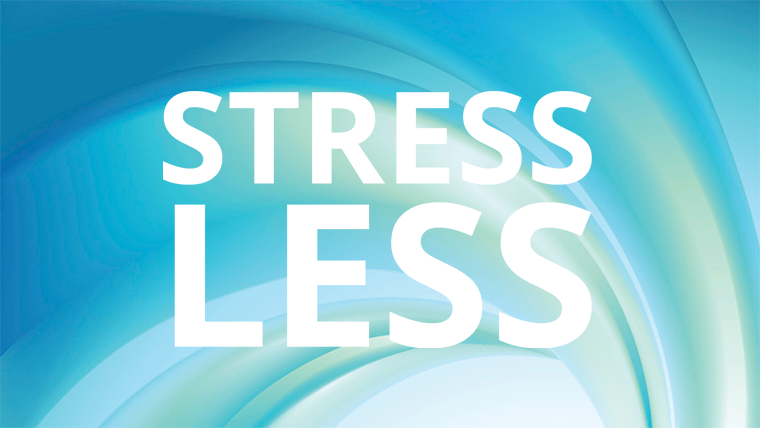Stress Less, Live More
Stress Less, Live More In a fast-paced world filled with demands and responsibilities, stress can become a constant companion. However, it doesn’t have to control your life. In this article, we delve into effective strategies for managing stress, allowing you to lead a more balanced, peaceful, and fulfilling life.
Understanding Stress
Stress is a natural response to life’s challenges, but chronic stress can have detrimental effects on your physical and mental health. Understanding stress is the first step towards managing it effectively. Stress Less
Key Aspects of Stress Management
- Identifying Stressors: Recognizing the sources of stress in your life is essential. Identifying stressors helps you take proactive steps to address them. Stress Less
- Coping Mechanisms: Developing healthy coping mechanisms is crucial. It allows you to deal with stress in a constructive way rather than turning to unhealthy habits. Stress Less
- Self-Care: Prioritizing self-care activities, such as exercise, relaxation, and leisure, is key to reducing stress levels and preventing burnout. Stress Less
- Mindfulness and Meditation: Mindfulness practices and meditation can help you stay present and reduce the negative impact of stress on your mind and body.
- Support Systems: Building a strong support network of friends, family, or support groups provides emotional assistance during challenging times.
- Time Management: Effective time management can reduce the feeling of being overwhelmed by allowing you to focus on priorities.
- Positive Mindset: A positive outlook on life can enhance resilience and reduce the impact of stress. It involves focusing on solutions rather than dwelling on problems.
- Healthy Lifestyle Choices: A balanced diet, regular physical activity, and adequate sleep are all essential components of stress management.
Practical Strategies for Managing Stress
- Breathing Exercises: Deep breathing exercises can quickly calm your nervous system and reduce stress.
- Exercise: Regular physical activity releases endorphins, which are natural mood lifters. It can also help reduce the physical symptoms of stress.
- Relaxation Techniques: Practices like progressive muscle relaxation, guided imagery, or yoga can promote relaxation and reduce stress.
- Time for Hobbies: Engaging in hobbies and leisure activities you enjoy can provide an essential break from stressors.
- Social Connections: Sharing your feelings and experiences with friends and loved ones can alleviate stress.
- Set Boundaries: Learn to say no and set healthy boundaries to prevent overcommitting and overextending yourself.
- Seek Professional Help: When stress becomes overwhelming or is affecting your daily life, consider seeking support from a mental health professional.
The Importance of Stress Management
Effective stress management is essential for your overall health and well-being. It can prevent the development of stress-related conditions, improve your quality of life, and help you cope with life’s challenges more effectively.
Conclusion
Stress is a part of life, but it doesn’t have to define your life. By implementing practical strategies and developing a mindset that prioritizes your well-being, you can reduce the impact of stress on your daily life. Stress management is not just about feeling better; it’s about living a more fulfilling, balanced, and healthier life. Start implementing these stress-reduction techniques, and you’ll be on your way to a less stressful, more enjoyable life.






